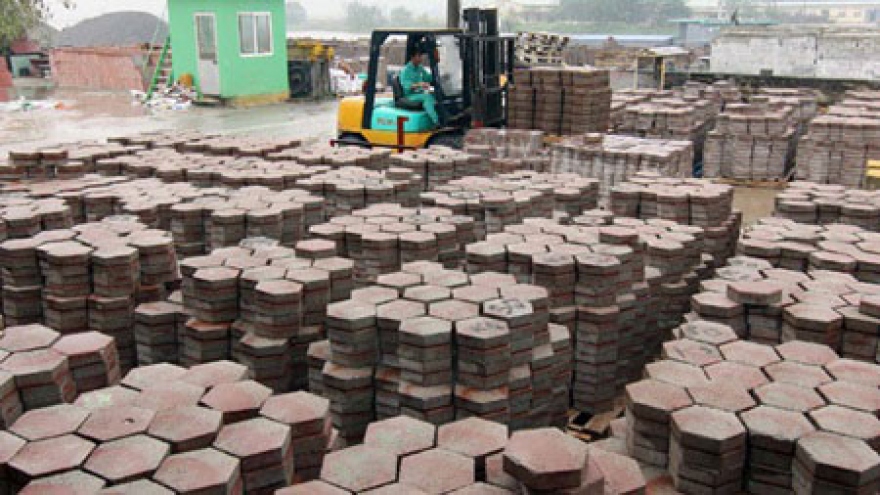SMEs see few benefits from tax incentives
Despite eligibility for tax incentives, Vietnamese small and medium enterprises (SMEs) are still exposed to higher tax rates than foreign direct investment (FDI) companies in the country.
 |
SMEs account for 97% of all Vietnamese businesses, Deputy Minister of Planning and Investment Dang Huy Dong has said at a conference recently, citing statistical figures.
The conference was held by Vietnam’s Ministry of Planning and Investment (MPI) to relay updates on the drafting process of the country’s Law on Supporting SMEs.
The 45-article law is expected to facilitate the access of SMEs in the country to government support through favorable policies and incentives, as well as encourage non-public organizations and individuals to provide support to SMEs.
According to Deputy Minister Dong, Vietnam’s SMEs currently generate between 60 and 70% of the country’s jobs and constitute approximately 40% of its GDP.
Despite their socioeconomic contributions, SMEs in Vietnam continue to face unfavorable roadblocks in accessing capital, business venues, and the market, Dong said.
Professor Nguyen Mai, Chairman of Vietnam’s Association of Foreign Invested Enterprises (VAFIE), pointed out that multinational corporations investing in Vietnam enjoy a favorable tax rate of only ten percent, while Vietnamese SMEs are only promised to receive tax cuts to 17% over a 4 year period.
The government even permits certain FDI enterprises to enjoy the 10% tax rate for the entire lifespan of their investment, Mai said.
“[Is the tax reduction] enough for Vietnam’s small and microenterprises to grow? What’s the purpose of the tax cut if small businesses are experiencing losses and exempted from paying tax?” Mai questioned.
The law being drafted would stipulate tax rates imposed on SMEs and microenterprises to be three and five percentage points respectively lower than the general corporate tax, according to Le Van Khuong, an official from the Enterprise Development Agency under MPI.
In addition, Khuong said, the law would also include a land rent reduction or exemption for enterprises that invest in economic zones, hi-tech parks, and industrial clusters.
With the implementation of the law, MPI expects to double the number of SMEs that take part in export-import activities in Vietnam from 52,000 to over 100,000 enterprises over the next ten years.
By 2020, seven million new jobs are forecast to have been generated by SMEs, aiding Vietnam’s movement of labor from rural to urban areas, and from agriculture to industry and service.


